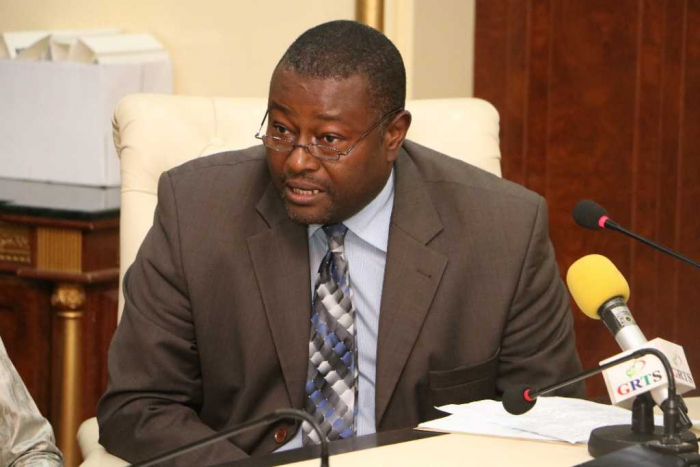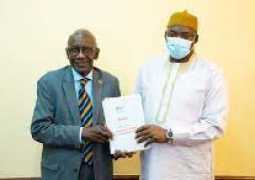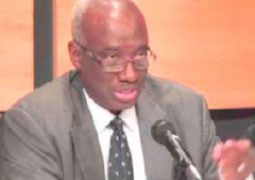
He added that their commission looks at all gammons of rights: economic, social, civil, political and development, noting that these are rights that they champion as a national institution.
Mr. Joof was speaking during the launching of their 2019 Activity Report. The launching was held in conjunction with a press conference held at their office yesterday.
He further stated that the human rights they protect are those that are enshrined in Chapter 4 of the 1997 Constitution, adding that there is a whole chapter in the Gambia’s constitution on fundamental human rights and freedom.
“So we take our que from those rights and these are the rights we talk about and advise the government on. These are the rights that are also enforceable. Apart from those rights, we all know that no country lives in isolation. The Gambia government is a party to many international and regional human right conventions and treaties,”
According to him, the National Human Rights Commission therefore, is mandated to advise the government to look at the existing laws that the country has so that they are in conformity with the international obligation.
“We have started doing our advisory notes, advising the government to look at laws and policies that need to be developed and enacted in-conformity with international and regional human right standards.”
“When we talk about human rights that the NHRC is upholding, these are our fundamental rights and freedom such as economic, social and cultural rights. Civil and political rights, for example, today we talked about our respect to civil liberty, and these are the rights that we stand and advocate for.”
He added that they also stand for right to fair trial, peaceful assemblies, freedom of expression, which he said is very dear to everybody, adding that their primary mandate is to promote by raising awareness
For his part, Njundu Drammeh, a commissioner, noted that they focused on 20 human right areas and made about 91 recommendations to the state on various aspects of rights such as: civil and political, economic and social and persons with disabilities amongst other areas of right.
“We make 91 recommendations on various human rights and they are not repeated. These recommendations are a monetary framework that at the end of 2020, the media would hold us and the state accountable for the implementation of our recommendations,” he said.





